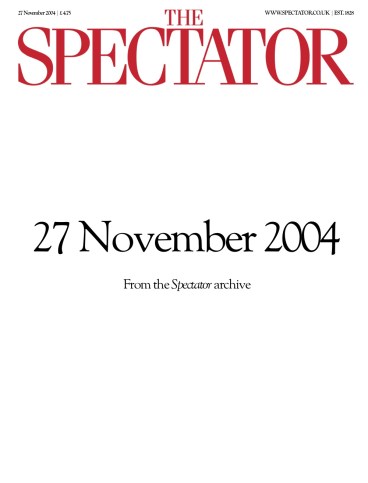Moore means less
Michael Moore’s Fahrenheit 9/11 is the most commercially successful documentary film ever made. It received a prolonged standing ovation from critics at the Cannes film festival where it became the first non-fiction film to win the Palme d’Or. If it does not win an Oscar at the next Academy awards, then do not rule out

